There’s been a lot going on the dating app world recently, despite the gradual decline in the fortunes of behemoth dating companies such as Match Group (more on that below).
Grindr has seen new opportunities in flogging erection drugs to app users, a new ‘exclusive’ dating app is fusing AI with human matchmaking in the US, and Hinge sees longform love stories written by noted writers as a way to stimulate interest in Gen Z users.
All this and more in the latest of our monthly dating app news roundup.
Grindr slinging erectile dysfunction drugs
Grindr has started selling erectile dysfunction pills, after the company found that more than a third of the LGBTQ+ dating app’s users take erectile dysfunction drugs already.
The app has introduced a service called Woodwork, in collaboration with the telehealth service OpenLoop, which connects app users to clinicians who can then prescribe them the common erectile dysfunction drugs tadalafil (known as Cialis) or sildenafil (known as viagra) in dissolvable pill form.
Woodwork is currently only available on Grindr for users in Illinois and Pennsylvania, but is set to be rolled out across the US later in 2025.
Grindr CEO George Arison told Fast Company that the move was made when his company conducted internal research and found that over a third of the app’s users take erectile dysfunction drugs. “That gave us a very clear opportunity,” he said.
He added that the clinicians prescribing the drugs had been given training about LGBTQ+ inclusiveness, and that the warnings on the Woodwork prescriptions were tailored to Grindr’s user base.
Arison said: “I don’t think most services like this would say, ‘Do not take this medication with poppers.’ We do.”
Hinge opens door to longform stories
If there’s one thing that’s going to get Gen Z members engaged with dating apps, it’s hooking them in with longform writing, right?
Hinge has made a commendable move against the younger generations’ supposed lack of attention span and launched the new phase of a marketing campaign that sees writers writing the tales of Hinge users who met on the app. The stories are being released on Substack and are collectively called No Ordinary Love.
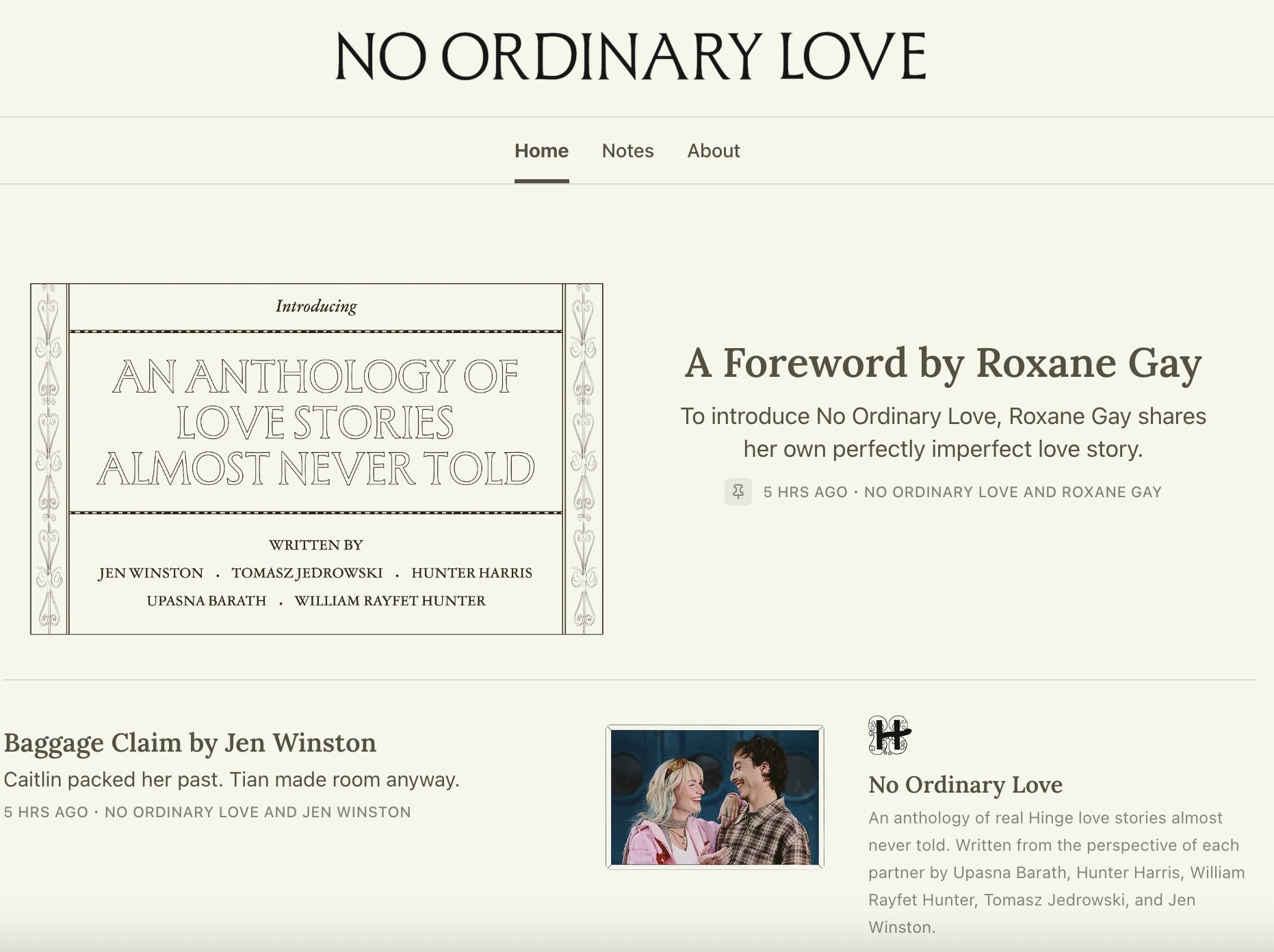
The writers enlisted for the stories are Upasna Barath, Hunter Harris, William Rayfet Hunter, Tomasz Jedrowski and Jen Winston. The foreword to the anthology of stories was written by Roxanne Gay.
Hinge’s president and CMO Jackie Jantos told Inc that the marketing campaign was launched off the back of the rise in popularity of BookTok, Substack and book clubs among young people. Hiring accomplished writers for the campaign seems to be a smart move – when the first round of the stories were released in 2024 they got a lot of online traction.
Which presumably paves the way for a third round of stories about Hinge meet-ups with willowy illustrations. Anything that gets the kids reading as well as swiping right, right?
Match Group slashes staff count
A less positive story is unfolding at Hinge’s parent company Match Group, which has announced that 13 percent of its workforce is to be slashed, to cut costs. As well as Hinge, Match Group owns Tinder, OkCupid and Match.com, among other dating sites and apps.
The move has been made in the face of a five percent decrease in paying users among Match Group’s sites and services, and is the first big move made under the company’s new CEO Spencer Rascoff.
The amount of paying users on Match’s apps and sites numbered 14.9 million in the first quarter of 2025: a year-on-year fall from 14.2 million. Many dating apps are struggling to retain paying users and attract new, younger users to replace older users leaving the sites and apps.
If flan (and running) be the food of love…
Eating flan may not sound like part of a rigorous fitness regime, but in Paris a dating app-assisted new trend for scoffing the milky dessert after a run around the city has unfolded.
In 2024 Paris resident Aurélien Bernhard came up with the simple idea of going for regular city runs then eating a flan at a different bakery at the end of each session. He posted the idea on the dating app Mingle IRL, which pushes users to ‘in person’ meet-ups.
Initially the only attendees to the flan run were Bernhard and his brother, but on later runs others joined in, and now usually over 100 runners/eaters go to each run, reported El País.
Admittedly, the popularity of Running Flan Club, as it is now known, is probably down to social media rather than the idea initially being posted on a dating app. The organization’s Instagram account now has around 16,000 followers.
The dating element seems intact, though, as most of the runs’ attendees are reportedly singles in their twenties, who presumably all have at least two hobbies in common: running and stuffing their faces with milky confectionery.
Raw user data not “cloaked in encryption”
RawThe dating app Raw, on which users upload a daily selfie in an attempt to create more authentic profiles, has been exposed as having a security lapse that left users’ personal data publicly exposed.
An investigation by TechCrunch found that users’ location information as well as personal data such as display name, date of birth and sexual preferences was exposed. The information was found to have no end-to-end encryption and was accessible through a web browser.
This kind of bug is called an insecure direct object reference, known as an IDOR. When TechCrunch contacted Raw about the exposure, the app’s makers fixed the bug so the personal data was no longer accessible.
The exposure was particularly concerning considering that Raw previously said to users: “Your information is cloaked in encryption and guarded like a princess in a castle by our devs.”
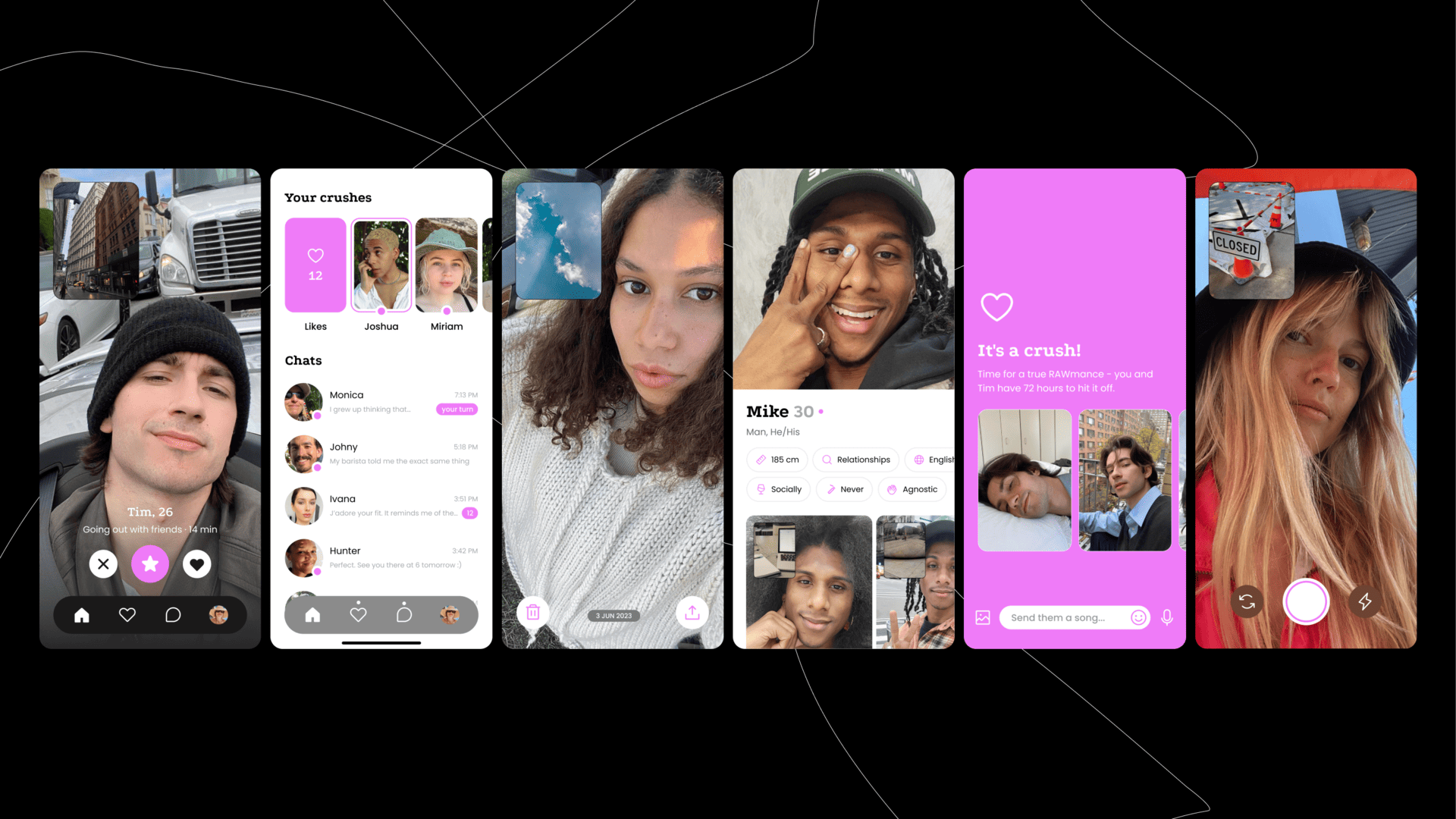
Raw’s co-founder Marina Anderson said: “All previously exposed endpoints have been secured, and we’ve implemented additional safeguards to prevent similar issues in the future.”
Recently Raw announced that it was going to launch a ‘digital faithfulness ring‘ that you wear like a wedding ring, and supposedly lights up when your partner cheats (or at least gets aroused). What could possibly go wrong?
Sitch stitches AI and human matchmaking
A new dating app that combines AI and human match curation for a service that acts similarly to an old school matchmaking service is making waves in New York, with plans to expand further across the US.
Sitch launched in November 2024 and in April it was announced that the app had raised $2 million in pre-seed funding to aid its expansion. It was founded by dating guru Nandini Mullaji and ex-Snapchat engineer Chad DePu.
The app plays on its supposed exclusivity, with its makers claiming that only five percent of applicants to the app are granted access. To use it you submit a bunch of dating preferences and information about your interests, then the app’s AI presents you with potential matches that have also been through an approval stage with a human moderator.
If both users accept the match they are both pulled into a group chat along with the AI chatbot, and can get on with chatting and organizing dates. When seeking matches you can give instructions like, “No more finance bros” or, “No-one with more social media followers than me”, to help guide the AI.
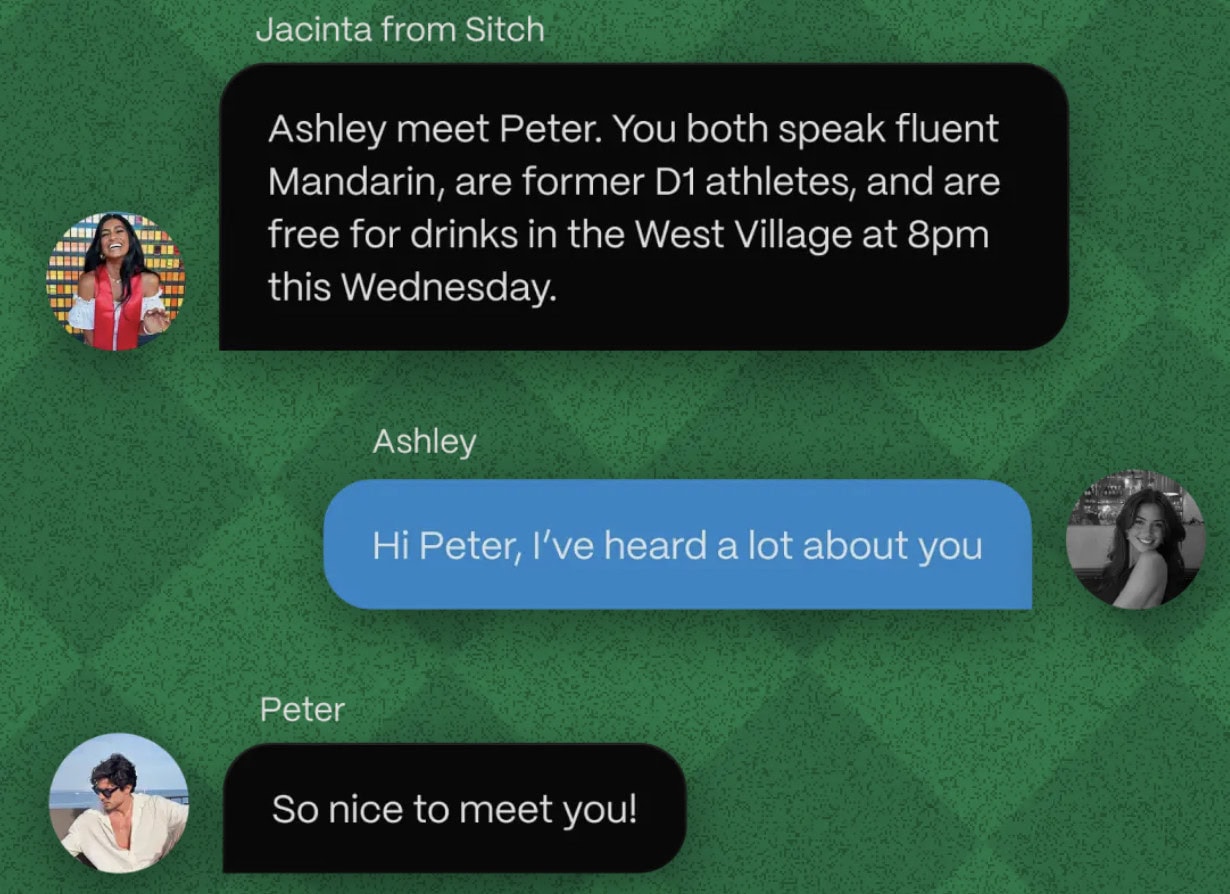
With the supposed exclusivity of the app comes a premium price, based on successful matches, known as ‘setups’. It costs $125 for five setups.
Mullaji said by focusing on premium pricing and curation rather than a ‘mass swipe’ model, “We are coming in and saying, ‘Hey, we have a business model shift and we have a total platform shift’.”

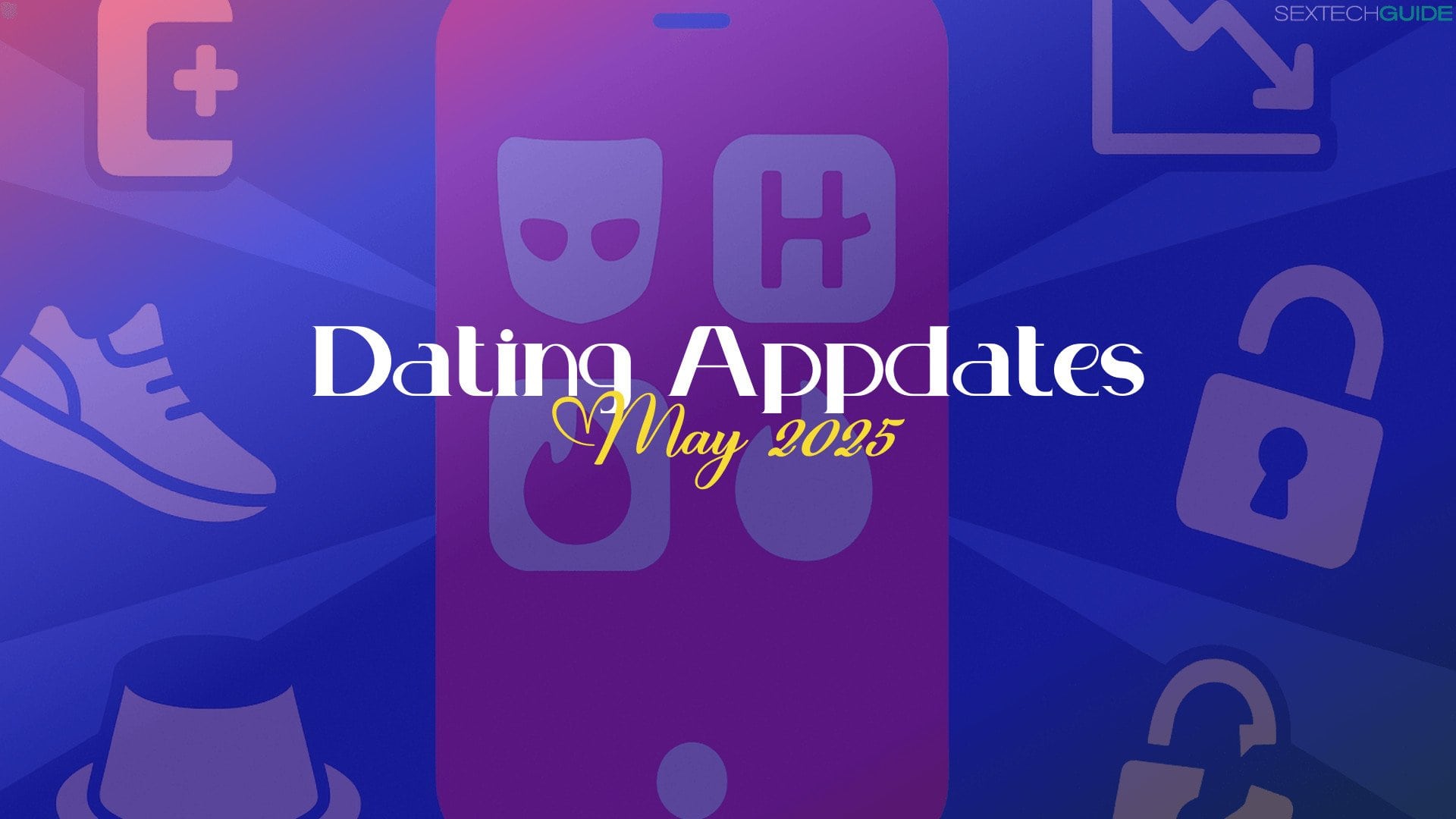


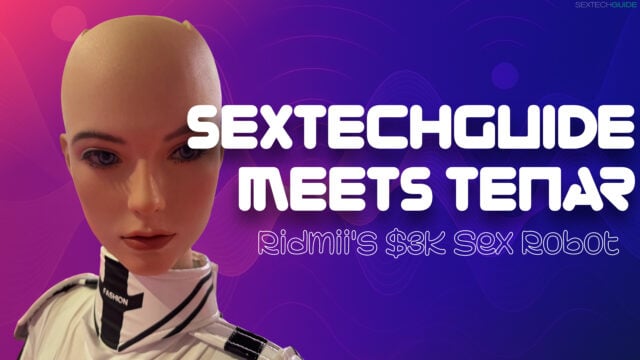

Leave a Reply